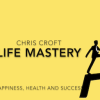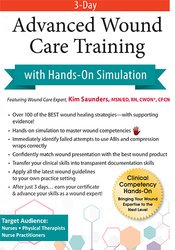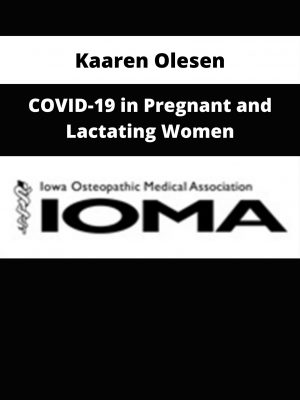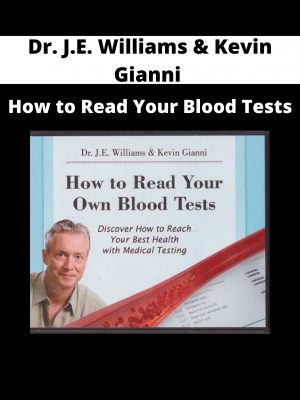Hands-on Simulation – 3-Day Advanced Wound Care Training
$180 Original price was: $180.$40Current price is: $40.
Shopping Instructions:
- DISCOUNT 15% : SHOP15
- Product Delivery: Within 1 – 12 hours after purchase.
Wound care is a specialty for a reason. Correct etiology assignment, diagnostics, treatment, and referrals are essential pieces of knowledge in the successful management of wounds.
Hands-on Simulation – 3-Day Advanced Wound Care Training
Wound care is a specialty for a reason. Correct etiology assignment, diagnostics, treatment, and referrals are essential pieces of knowledge in the successful management of wounds. Kim Saunders will break down the latest information coming out of practice guidelines and research for you during this intense 3-day training opportunity. Your practice will be elevated as you incorporate the current best practice standards into patient care.
The hands-on sessions simulate clinical competencies to address the evolving challenges of wound care. You will have the time to critically think through patient scenarios to determine what went right… and what went wrong. In this safe learning environment, you can feel comfortable asking questions of a national wound care expert. We guarantee that you will leave with countless new skills to improve your assessment, documentation, and treatment of wounds.
Three days of intense learning about the complexities of wound care will transform the way you provide care, increase your confidence and eliminate your fears.
Objective:
- Determine arterial insufficiency via bedside ABI.
- Match wound presentation with the best wound product.
- Develop wound dressing change orders based on 4 questions.
- Determine the etiology of a wound via clinical assessment.
- Anticipate expected work-up per wound etiology.
- Demonstrate accurate measurement & documentation of wounds, tunneling, and undermining.
- Differentiate between product types, based upon: indications, implementation and precautions.
- Determine type of debridement per clinical presentation.
- Demonstrate compression level/product based on ABIs.
- Identify systemic assessment needed in diabetic ulcers.
- Analyze standard of practice protocols in treating diabetic wounds.
- Explain the most challenging problems seen in the diabetic foot.
- Discuss clinical pearls with various wound bed presentations.
- Identify GI & GU pathophysiology with associated surgical diversions.
- Demonstrate differences in flat, convexity, high-output, & closed-end pouches.
- Differentiate between pseudostoma & fistula management.
- Practice pouching options with EC fistulas & tube sites.
- Evaluate risk factors of neuropathic ulcers.
Outline:
Wound Tissue Assessment & Treatment
- From your assessment, determine the cause
- Considerations across the disciplines to support the healing goals
- Special consideration for tendon or bone exposure
- Tips for the non-healing tunneling/undermining wound
- What can go wrong with wound care measurements
4-Step Approach to Guide Wound Product Selection
- Wet vs. dry
- Depth vs. flat
- Antimicrobial concerns?
- Need wound barrier from incontinence?
Practice Guideline Recommendations
- Pressure injuries, shearing
- Friction, MASD, MARSI, skin tears
- Venous, arterial, neuropathic
- Surgical wounds
- When is it time for a referral?
- Documentation strategies to avoid a costly mistake
HANDS-ON LAB
Hands-On Simulation
- Determine arterial insufficiency via bedside ABI
- NPWT complicated & special etiology considerations
- Staging pressure injuries, measuring, documenting, & treatment recommendations
- Compression wrapping
- Diabetic foot ulcer off-loading with pixel sole & reusable shoe
- Demonstrate pouching options for leaking tube sites & EC wound fistulas
- Case review: Critical thinking on the most challenging wounds
Get immediately download Hands-on Simulation – 3-Day Advanced Wound Care Training
Here’s What You’ll Get in Hands-on Simulation – 3-Day Advanced Wound Care Training
Hands-on Simulation – 3-Day Advanced Wound Care Training : Sample
Related products
HEALTH & MEDICAL
HEALTH & MEDICAL
Gaia—Creating-High-Voltage-Health-with-Glenn-Streeter-Open-Minds
HEALTH & MEDICAL
HEALTH & MEDICAL
Dr. J.E. Williams & Kevin Gianni – How to Read Your Blood Tests
HEALTH & MEDICAL
HEALTH & MEDICAL
HEALTH & MEDICAL
HEALTH & MEDICAL













